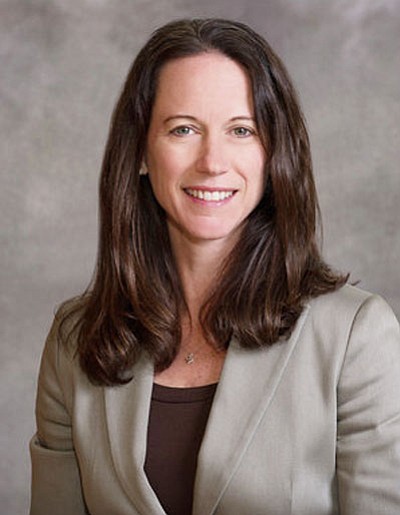BALTIMORE — The holiday season is deemed one of the most joyous times of the year, filled with fun and laughter, but it also serves as a difficult period for some people. It is during this time that drug-and-alcohol overdoses take a sharp increase.
Dr. Barbara Kistenmacher, clinical psychologist and CEO of Recovery Centers of America (RCA), a treatment and
recovery facility for substance use and mental health disorders, at Bracebridge Hall in Earleville, Maryland expalins a few factors that contribute to these alcohol-and-drug-related overdoses.
One reason, she explains, is that the holiday season is perceived as a celebratory time. Around this time of the year, people attend a host of parties that oftentimes involve alcohol and drugs. The pressure to partake in these events is strong as the tradition of drinking during the holidays because of its roots in American culture.
In an effort to maintain peace and the holiday spirit, family members become lax in their approach in trying to help an addicted loved one to seek treatment.
“The holidays themselves create a lot of situations where the likelihood for alcohol use is increased. Just the nature of the festivities of the holidays can make it difficult for people who are trying to stay sober or cut down on drinking,” said Dr. Kistenmacher.
Oftentimes, people who struggle with drugs or alcohol have to face the consequences caused by their addiction. The holiday season can amplify these issues and thus makes it tougher for current drug and alcohol users and also for those who are trying to maintain sobriety.
Underlying issues that lead a person to abuse drugs and alcohol in the first place can also be exacerbated by the holidays.
In Maryland, the number of drug-and-alcohol-related overdose deaths increased more than 50 percent from the same period last year, according to data from the state Department of Health and Mental Hygiene.
Health professionals, such as Dr. Kistenmacher have taken notice of this issue and offer suggestions on ways addicts and those who are sober can better cope. She notes there are events sponsored by local 12-step recovery groups or ‘smart groups’ that host alternative activities that do not involve alcohol.
She also mentioned a technique that sober individuals and addicts can use to combat the need to abuse substances. For example, they could count their drinks.
“They could decide ahead of time before going to a party, ‘I only want to have two glasses of wine,’ and they could intersperse a soda or water in between drinks and actively decide ahead of time what they want to drink and then count their drinks.
However, Dr. Kistenmacher stressed that to moderate alcohol consumptions for problem drinkers, the best solution is to refrain from drinking altogether.
Interventionist and regional marketer for RCA, Jay Youtz, cautions family members and friends to continue normal behavior around loved ones who are addicts.
“This isn’t just about motivation, we need some tools on how to not drink. These are some of the best tools that can be learned in a treatment center, where it’s safe and supportive. What may be good for one person, may not be good for another,” said Youtz.
Dr. Deni Carise, Chief Clinical Officer at RCA, advises individuals to take proactive measures to ensure a healthy celebration.
“It’s not rude for you to go when you’re uncomfortable or to bring someone with you, and to leave early when you need to leave— to get out of there,” said Dr. Carise.
For more information or to seek treatment, RCA representatives are available to talk 24/7 by dialing 1-800 Recovery (1-800-732-6837).
